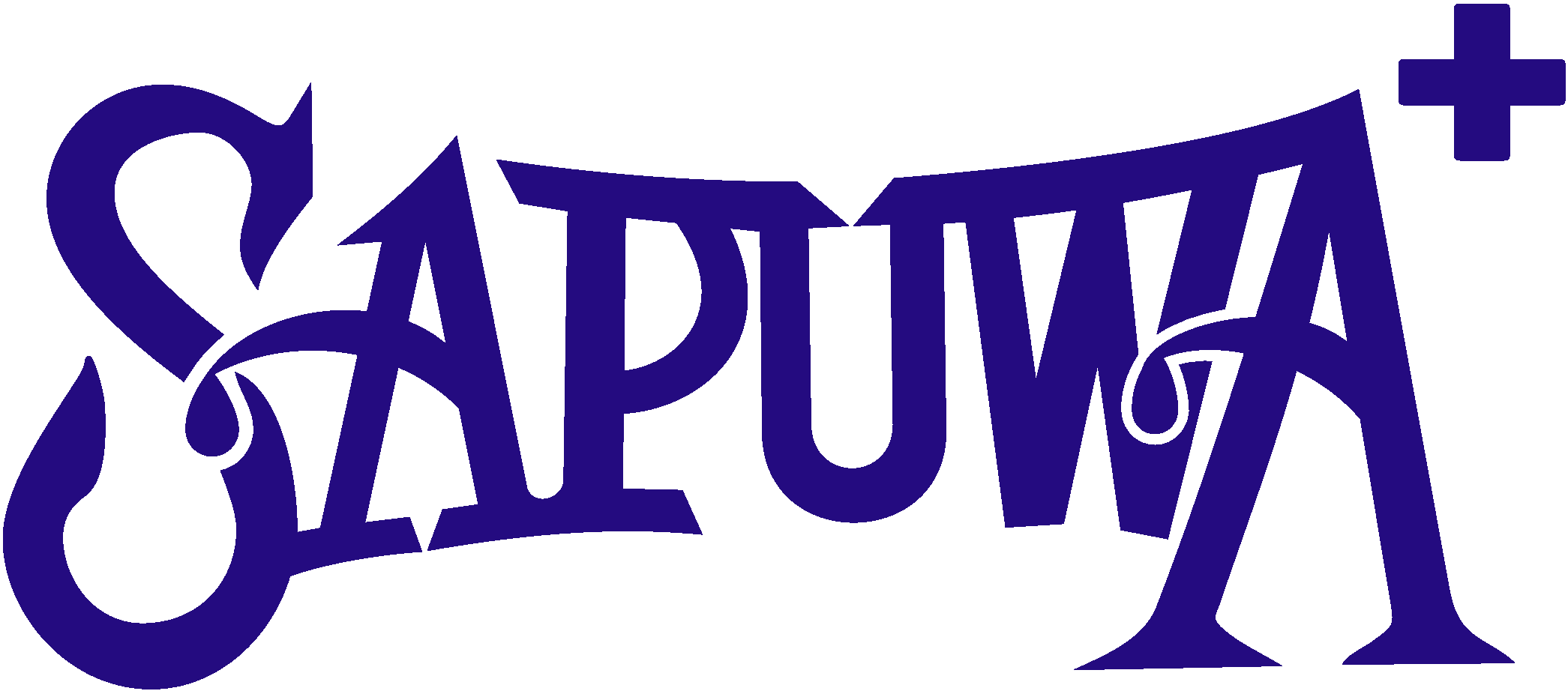How to Keep Talkative Employees on Track
Spring is here! And with the extra hours of sunshine, many employees are tempted to linger just a little bit longer at the water cooler, spend a bit more time than necessary on phone calls or be uncharacteristically talkative during meetings. And it's only natural: the change in seasons actually influences humans psychologically. According to Psychology Today, sunshine puts us in a good mood, makes us nicer and more generous, and increases our willingness to share. Add to that the fact that extroverted employees get energy from interactions with others, and it's easy to see how group dynamics can become more social during spring and summer.
If you're a manager and your employees are demonstrating this spring-induced chattiness, you're in the challenging position of maintaining productivity without undermining morale. And that means you need some diplomatic management strategies to get your team back on track-without you looking like a killjoy. Read on to find out more.
Be Calm
An important deadline's looming at the end of the day, and your entire team is standing in a group by the water cooler laughing at a joke. You're late for a meeting and your newest hire is taking a very long time to get to the point. You want to discuss a report with an employee, but she's engaged in an unnecessarily long phone call. You can feel your frustration and your blood pressure rising.
Take a deep breath. And another. Wait till a natural pause occurs before saying anything at all. When you speak, use an upbeat tone and refrain from any expressions of chastisement, displeasure, or anger.
Why? Of course, as a manager, you know to communicate with your employees without letting your emotions get the better of you. But more importantly, when others are happy and upbeat and your reaction is the direct opposite, it carries a greater negative impact and is likely to stand out in other people's memories for longer. So remember: always remain calm and choose your words carefully.
Get the Group Back to Work
Let's take the above example of the group of employees sharing a joke together while you're concerned about a pressing deadline. In this situation, maintaining the groups' positive mood can be a useful tool to facilitate collaboration and meet the deadline in a timely manner. But how can you get the group back to work without acting like a schoolteacher?
Simply approach the group in a friendly manner and ask what everybody's laughing or talking about. React naturally, as you would to any other funny story, and then redirect the topic by asking the speaker (who is usually the group's focal point) about a work-related matter. Follow up by asking somebody else another question. By engaging multiple team members in the conversation, nobody will feel singled out, but everybody will be reminded that they need to get back to work. Ask for updates in person or by email within a short amount of time, for example 15 or 30 minutes, then wait until everybody has gone back to their work stations before leaving.
Managing Meetings
Meetings can be a valid opportunity for talkative employees to engage in conversation-but there's a fine line between an upbeat, productive meeting and a rambling, time-consuming one. Avoid this issue by setting a detailed agenda and designating a precise amount of time aside for the meeting. Inform the group that everybody will get a chance to speak, and ask them to keep their contributions short and to the point. If an employee is talking too much, ask him to follow up with you after the meeting if the information is relevant. If it's irrelevant, politely say you feel the meeting's getting off topic and you'd like to return to the points on the agenda.
Use the Positive Energy
An increased willingness to share can be a good thing when harnessed correctly. Consider assigning group projects so your team can communicate, collaborate and discuss ideas and assignments. Remember: by remaining flexible in your leadership, you can give your team fresh opportunities to develop and grow. And that can positively affect productivity, as well as morale.
Harness the Gift of Gab
Some people travel to Blarney Castle in County Cork, Ireland to kiss the Blarney Stone and receive the gift of gab. Others are natural socializers with a talent for communicating effectively with others. If some of your employees remain talkative to the point of distracting others from their tasks, you're probably dealing with extroverts.
So instead of reprimanding those employees, harness their gift of gab.
In one-on-one conversations, inform the employees in question you've noticed their outstanding communication skills. Say you feel their skills can be put to better use and discuss options to give them more communication-based tasks. With work that's better targeted to their skills, they'll likely feel less need to chat with co-workers. But if their behavior remains distracting, you can diplomatically explain that other people don't work as quickly or need more focus to get their jobs done, and politely request they curb their chattiness.
Dealing with talkative employees can be a challenge, but when you harness their positive energy and drive to share things, it can actually facilitate daily operations. And that way, you not only keep up the workflow, you can also enable your employees to feel more valued in their jobs.
Source: kellyservices.ru
Collected by Nhu-Vu SAPUWA
Relative post
- The Virtue of Admitting Fault
- The Power of Admitting A Mistake
- How to Work From Home Effectively
- 7 simple tips to tackle working from home
- 5 ways to make working from home better
- Top 10 Reasons to Start Your Own Business
- Success Tip: To Be Different, You Have To Think Different
- How To Stop Thinking And Start Doing
- Connected Employees: 10 ways to connect with your team
- 5 Ways To Help Teams Connect Virtually
- 10 Things Leaders Managing Remote Employees Should Do
- Seven ways to build the solidarity economy








 0
0


